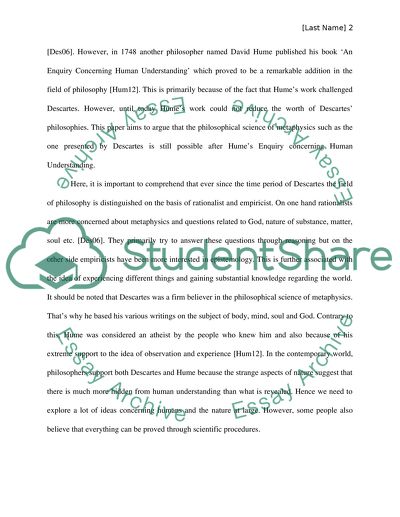Cite this document
(Human Understanding Through Scientific Procedures Essay Example | Topics and Well Written Essays - 1750 words, n.d.)
Human Understanding Through Scientific Procedures Essay Example | Topics and Well Written Essays - 1750 words. https://studentshare.org/philosophy/1654437-human-understanding-through-scientific-procedures
Human Understanding Through Scientific Procedures Essay Example | Topics and Well Written Essays - 1750 words. https://studentshare.org/philosophy/1654437-human-understanding-through-scientific-procedures
(Human Understanding Through Scientific Procedures Essay Example | Topics and Well Written Essays - 1750 Words)
Human Understanding Through Scientific Procedures Essay Example | Topics and Well Written Essays - 1750 Words. https://studentshare.org/philosophy/1654437-human-understanding-through-scientific-procedures.
Human Understanding Through Scientific Procedures Essay Example | Topics and Well Written Essays - 1750 Words. https://studentshare.org/philosophy/1654437-human-understanding-through-scientific-procedures.
“Human Understanding Through Scientific Procedures Essay Example | Topics and Well Written Essays - 1750 Words”. https://studentshare.org/philosophy/1654437-human-understanding-through-scientific-procedures.


